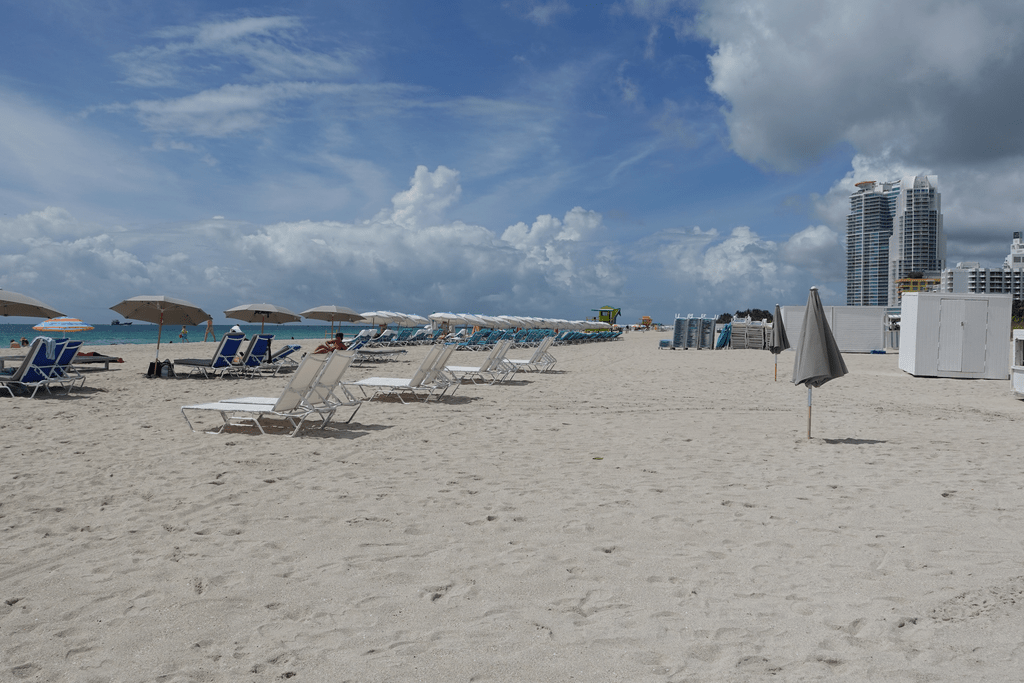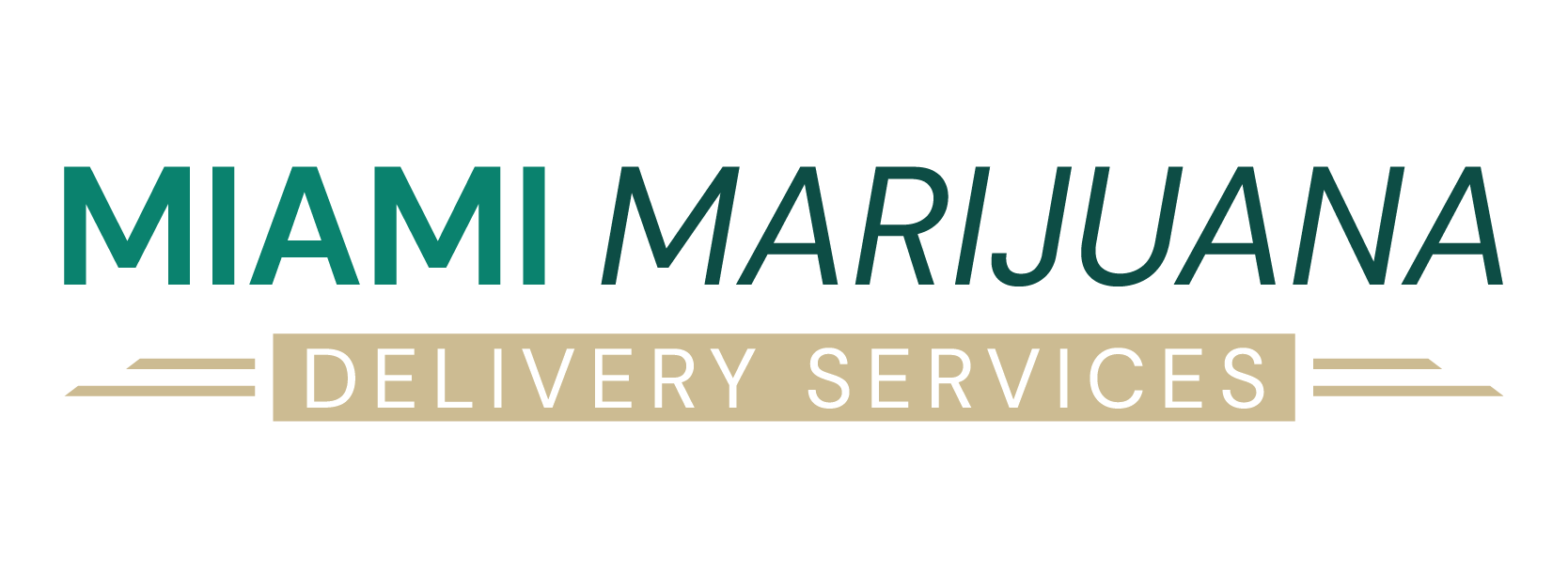As of 2025, Florida maintains a clear distinction between medical and recreational marijuana use. While medical marijuana is legal under specific conditions, recreational use remains prohibited. Residents and visitors in Miami should be well-informed about the state’s regulations to avoid potential legal issues.
Medical Marijuana: Legal Use and Restrictions
Florida’s medical marijuana program permits individuals with qualifying conditions—such as cancer, epilepsy, PTSD, and chronic nonmalignant pain—to obtain a Medical Marijuana Use Registry (MMUR) identification card. This card allows patients to purchase cannabis from licensed Medical Marijuana Treatment Centers (MMTCs).
Patients are allowed to possess up to 2.5 ounces of smokable cannabis within a 35-day period and no more than 4 ounces at any given time. For non-smokable forms, the limit is a 70-day supply, equating to approximately 24,500 mg of THC.
It’s important to note that Florida does not recognize medical marijuana cards from other states. Therefore, out-of-state patients cannot legally purchase or possess marijuana in Florida, even if they have a valid card elsewhere.
Transportation Guidelines for Medical Marijuana
Qualified patients may transport medical marijuana within Florida, provided they adhere to certain guidelines:
- Proper Storage: Marijuana should be kept in its original packaging and stored securely, such as in the trunk or glove compartment, to prevent unauthorized access.
- Consumption Prohibited in Vehicles: Using or administering medical marijuana in a vehicle is illegal. Additionally, driving under the influence of marijuana is a criminal offense, regardless of medical authorization.
- Public Transportation Restrictions: The use or administration of medical marijuana is prohibited on public transportation, including buses, trains, and airplanes.
- Federal Jurisdiction Areas: Transporting marijuana through airports or across state lines is illegal, as federal law classifies marijuana as a Schedule I controlled substance. This applies even to medical marijuana patients.
Recreational Use: Legal Implications
Recreational marijuana use is illegal in Florida. Possession of 20 grams or less is classified as a first-degree misdemeanor, punishable by up to one year in jail and a fine of up to $1,000. Possession of more than 20 grams is considered a felony, with more severe penalties.
Some local jurisdictions, including Miami-Dade County and the city of Miami, have enacted ordinances that decriminalize the possession of small amounts of marijuana, opting for civil fines instead of criminal charges. However, state law enforcement officers can still enforce state laws, leading to potential arrests and prosecutions.
In Summary
While Florida’s medical marijuana program provides legal avenues for patients with qualifying conditions, strict regulations govern its possession and transportation. Recreational use remains illegal, with significant legal consequences for violations. Individuals in Miami should stay informed about both state and local laws to ensure compliance and avoid legal complications.

